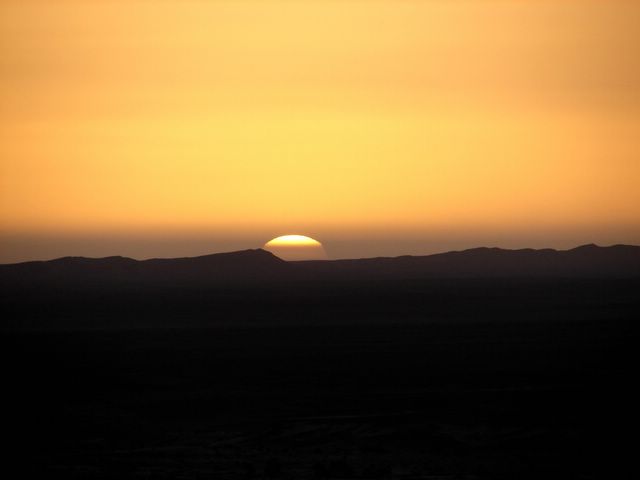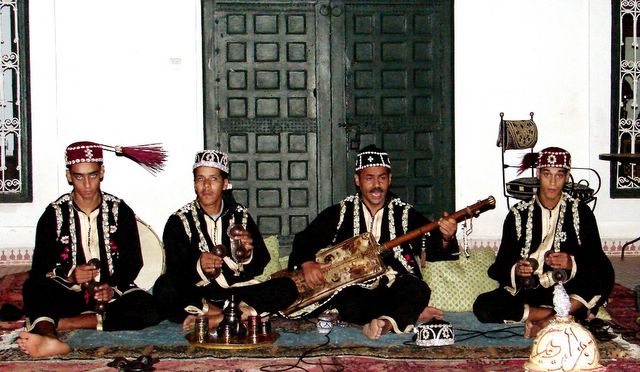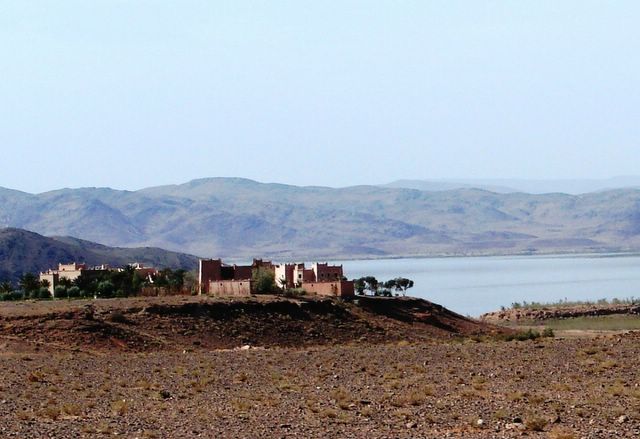.Before the House Committee on Government ReformSubcommittee on National Security, Emerging Threats and Internal RelationsMarch 2, 2005Emerging Threats: Overclassification and Pseudo-classificationGood afternoon. I have been invited to provide you with testimony today regarding my direct experience with the use of excessive secrecy, rare privileges, and over-classification by the Department of Justice against me during the past three years. Thank you for giving me this opportunity. I believe that my case clearly illustrates how the government uses secrecy laws and classification to avoid accountability, to cover up problems and wrongdoing, and to gain unfair legal advantage in court.
I began working for the Federal Bureau of Investigation (FBI) as a language specialist for several Middle Eastern languages starting shortly after 9/11, and was granted Top Secret Clearance. During my work, I became aware of problems within the translation unit involving criminal conduct against our national interests, potential espionage, serious security breaches threatening our intelligence, intentional mistranslation, and blocking of intelligence. I was asked, and later ordered, to refrain from reporting these allegations. I reported them, together with evidence, to higher management within the bureau. They refused to take any action, and again, they asked me not to pursue them. I then took these issues and evidence to the Department of Justice Office of the Inspector General and to the Senate Judiciary Committee, because I believed that according to our laws these were the appropriate steps to take in this situation. As a result, I was retaliated against, was ordered to submit to a polygraph, and had my home computer confiscated. Finally, in March 2002 I was fired. The only explanation I received for getting fired was 'for the convenience of the government.'
In March 2002, the Senate Judiciary Committee began investigating my case and allegations, and in June and July 2002, during two unclassified briefings with the staff of Senators Grassley and Senator Leahy, the FBI publicly confirmed all of my core allegations. These two Senators issued public statements and letters regarding these confirmations and my case, demanding expedited investigation by the Inspector General and response from the FBI. These letters and statements were widely disseminated in the media and on the Internet; including on the Senators' own websites. When the judge overseeing my legal cases asked the government to produce any unclassified materials that was relevant to the substance of my allegations, the government took a truly extraordinary step: it moved to retroactively classify these letters, statements, and news releases that had been public for almost two years. It is quite clear that the government's motivation was not to protect national security, but rather to protect itself from embarrassment and accountability. Senator Grassley characterized this retroactive classification as 'ludicrous,' and 'gagging the congress.' However, the Congress complied. Only after this highly unusual retroactive classification was challenged in court by POGO, a government watchdog organization, did the Department of Justice reverse itself and declare that this information was not considered classified and a danger to national security after all. I would like to request that these letters from Senators Grassley and Leahy be included in the record of today's hearing.
In March 2002, the Department of Justice's Office of the Inspector General began investigating my allegations, and in July 2004, after almost two years delay, completed its investigation. The Department of Justice immediately moved to classify the entire report and its findings. Six months later, they allowed the Inspector General to release only an unclassified version of its executive summary. This unclassified version confirmed my core allegations; concluded that I was fired for reporting misconduct; and stated that the FBI had failed to investigate the reported espionage, even though other facts, witnesses and evidence supported my allegations. I would like to request that the Inspector General's report also be included in the record of today's hearing.
In the summer of 2002 I also began to pursue legal remedies to challenge my unjust dismissal, and filed cases under First Amendment and Privacy Act, and the Freedom of Information Act. Rather than respond to the merits of my claim, in October 2002, Attorney General Ashcroft asserted a rarely invoked 'State Secrets Privilege', arguing that the entire case must be dismissed in the name of national security, even if my allegations were correct. The Department of Justice asked the courts to throw out the case without any hearings, depositions, or discovery. Even though the Department of Justice's own Inspector General has confirmed the seriousness of my allegations and concluded that I was fired for raising them, the DOJ has continued to insist that my case cannot go forward because it would jeopardize national security. So far, the DOJ has been successful in this effort to silence me. In June 2004, the court ruled in favor of this far-reaching assertion of the "state secrets privilege". Currently I am appealing my case, and the Department of Justice is still invoking the "state secrets privilege" and arguing that everything about my issues is covered by classification.
The government invoked the state secrets privilege a second time in an attempt to block me from being deposed in a case brought by families of those killed on September 11 against Saudi individuals and entities alleged to have financed al-Qaeda. The government insisted that almost every single question that the families wished to ask me would require the disclosure of classified information.
The problems I have reported have serious consequences to our national security; and have already been confirmed by the Inspector General's report and the inquiry of Senators Grassley and Leahy. Translation units are the frontline in gathering, translating, and disseminating intelligence. A warning in advance of the next terrorist attack may, and probably will, come in the form of a message or document in a foreign language that will have to be translated. If an attack then occurs, which could have been prevented by acting on information in such a message, who will tell family members of the new terrorist attack victims that nothing more could have been done? There will be no excuse that we did not know, because we do know.
Yet, knowing full well the seriousness of these confirmed issues and problems, rather than addressing them the FBI and the Department of Justice spend time and effort to cover them up by over use of secrecy and excessive classification. Contrary to their claims, they seem to be far more concerned with avoiding accountability than protecting our national security. I believe that my case clearly illustrates the federal government's capricious use of secrecy laws and classification to cover up problems and wrongdoing, and to avoid accountability, regardless of the damage to our national security. It demonstrates as well how excessive secrecy and pseudo classification can be used as retaliation tactics against national security whistleblowers. This type of excessive classification and the effort to expand the "statesecrets privilege" does not increase our national security but actually makes us less safe and it impedes oversight of the executive branch, as part of the checks and balances demanded by our Constitution.
Thank you again for inviting me to testify today. You are the first Congressional Committee after three years to request my testimony and hear my story. I believe this testimony is a good first step in examining this situation but what is really needed is an actual Congressional investigation. Therefore, with respect for your critical role in our Constitution's system of checks and balances, I request that you be the first Congressional Committee to investigate not just my case but what is going on over at the FBI and the Justice Department regarding the very serious problem of over-classification and the abuse of secrecy.
Thank you.
http://www.justacitizen.com/

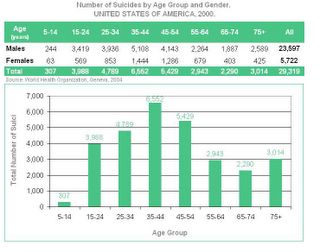

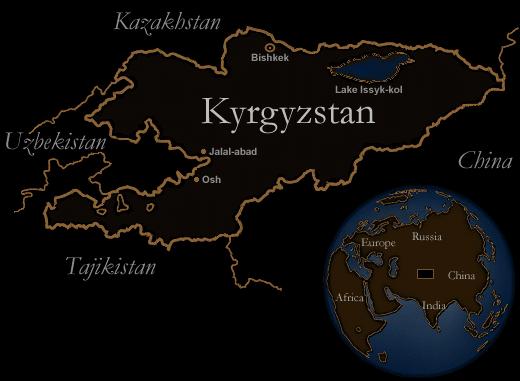
 Donald Rumsfeld has a new explanation for the ongoing failure to suppress the insurgency in Iraq, which he shared with Fox News on Sunday morning: It is Turkey's fault. Of course it is. They refused to allow the 4th infantry division to invade Iraq from the north. How dare they deny the US passage rights through their territory? The secretary explains that because US forces were not able to execute an assault from the north, ‘Saddam loyalists’ were able to disperse into hiding and cause the ongoing insurgency.
Donald Rumsfeld has a new explanation for the ongoing failure to suppress the insurgency in Iraq, which he shared with Fox News on Sunday morning: It is Turkey's fault. Of course it is. They refused to allow the 4th infantry division to invade Iraq from the north. How dare they deny the US passage rights through their territory? The secretary explains that because US forces were not able to execute an assault from the north, ‘Saddam loyalists’ were able to disperse into hiding and cause the ongoing insurgency. President Bush hardly waited for the dust to settle down from his nomination of John Bolton to the UN, before striking again tapping another hard-hitting conservative, Paul D. Wolfowitz, to become the next president of the World Bank. Although there have been hints for about a week now that Mr. Wolfowitz was being considered for the job, many did not expect the president to hit yet again with another controversial appointment. The official announcement caused quite a stir in international circles and drew some pointed comments from the democratic leadership in the House. It is not surprising that any appointment that concerns a polarizing operator like Mr. Wolfowitz would produce a controversy. However, even die-hard democrats have mixed feelings about this. On one hand, they are happy to see Mr. Wolfowitz vacate the halls of the Pentagon, and on the other, they are worried that his political philosophy would deepen the rift between the US and the international community. Mr. Wolfowitz was after all one of the chief architects of the U.S. invasion of Iraq.
President Bush hardly waited for the dust to settle down from his nomination of John Bolton to the UN, before striking again tapping another hard-hitting conservative, Paul D. Wolfowitz, to become the next president of the World Bank. Although there have been hints for about a week now that Mr. Wolfowitz was being considered for the job, many did not expect the president to hit yet again with another controversial appointment. The official announcement caused quite a stir in international circles and drew some pointed comments from the democratic leadership in the House. It is not surprising that any appointment that concerns a polarizing operator like Mr. Wolfowitz would produce a controversy. However, even die-hard democrats have mixed feelings about this. On one hand, they are happy to see Mr. Wolfowitz vacate the halls of the Pentagon, and on the other, they are worried that his political philosophy would deepen the rift between the US and the international community. Mr. Wolfowitz was after all one of the chief architects of the U.S. invasion of Iraq.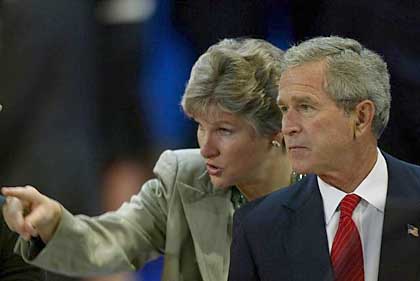 The White House also announced that the president nominated his long-time adviser, Karen P. Hughes, to the post of Undersecretary of State in charge of Public Diplomacy. This post, which was created after 9/11, has already seen two short-lived appointments. Mrs. Hughes will now have to pick up the pieces and formulate a comprehensive outreach policy to deal with mounting resentment of the U.S. in the Middle East and in the rest of the world. This is going to be an immensely difficult job. Karen Hughes must know that a propaganda campaign will not do the job. In regards to the Middle East, she should not make the mistake of following Arab regimes into the habit of insulting the intelligence of the people of the Middle East with blatant propaganda. What will cut it here is a concrete change in policy for which she will have to lobby relentlessly in the White House.
The White House also announced that the president nominated his long-time adviser, Karen P. Hughes, to the post of Undersecretary of State in charge of Public Diplomacy. This post, which was created after 9/11, has already seen two short-lived appointments. Mrs. Hughes will now have to pick up the pieces and formulate a comprehensive outreach policy to deal with mounting resentment of the U.S. in the Middle East and in the rest of the world. This is going to be an immensely difficult job. Karen Hughes must know that a propaganda campaign will not do the job. In regards to the Middle East, she should not make the mistake of following Arab regimes into the habit of insulting the intelligence of the people of the Middle East with blatant propaganda. What will cut it here is a concrete change in policy for which she will have to lobby relentlessly in the White House.
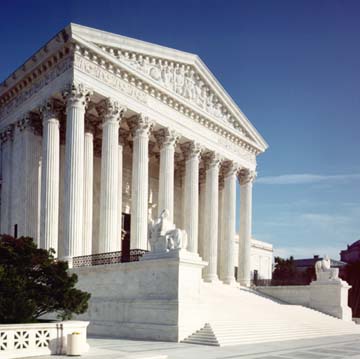 In a 5-4 decision, the Supreme Court of the United States declared the execution of criminal juveniles unconstitutional this last Tuesday. This decision is apparently drawing the wrath of some conservative pundits who have recently declared war on the Supreme Court calling it everything from tyrannical to incompetent. It is odd that these conservative voices are professing love for human life by condemning abortion but are ready to zap people in execution chambers. Strangely enough, this contradiction goes the other way in Europe where abortion is acceptable but the death penalty is not.
In a 5-4 decision, the Supreme Court of the United States declared the execution of criminal juveniles unconstitutional this last Tuesday. This decision is apparently drawing the wrath of some conservative pundits who have recently declared war on the Supreme Court calling it everything from tyrannical to incompetent. It is odd that these conservative voices are professing love for human life by condemning abortion but are ready to zap people in execution chambers. Strangely enough, this contradiction goes the other way in Europe where abortion is acceptable but the death penalty is not.








